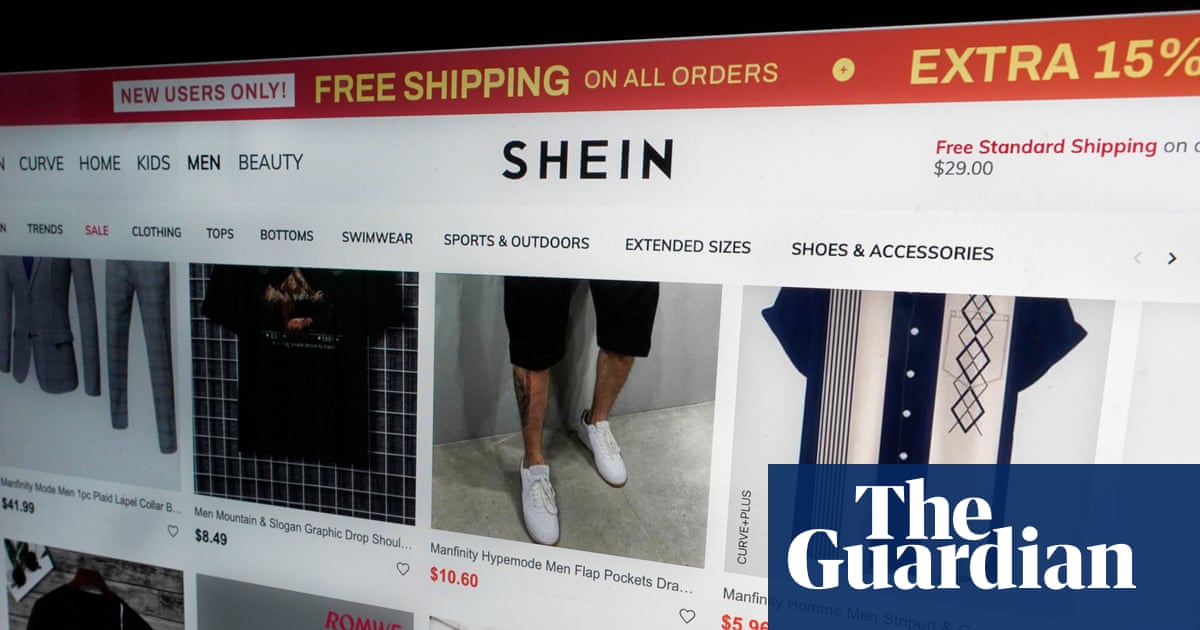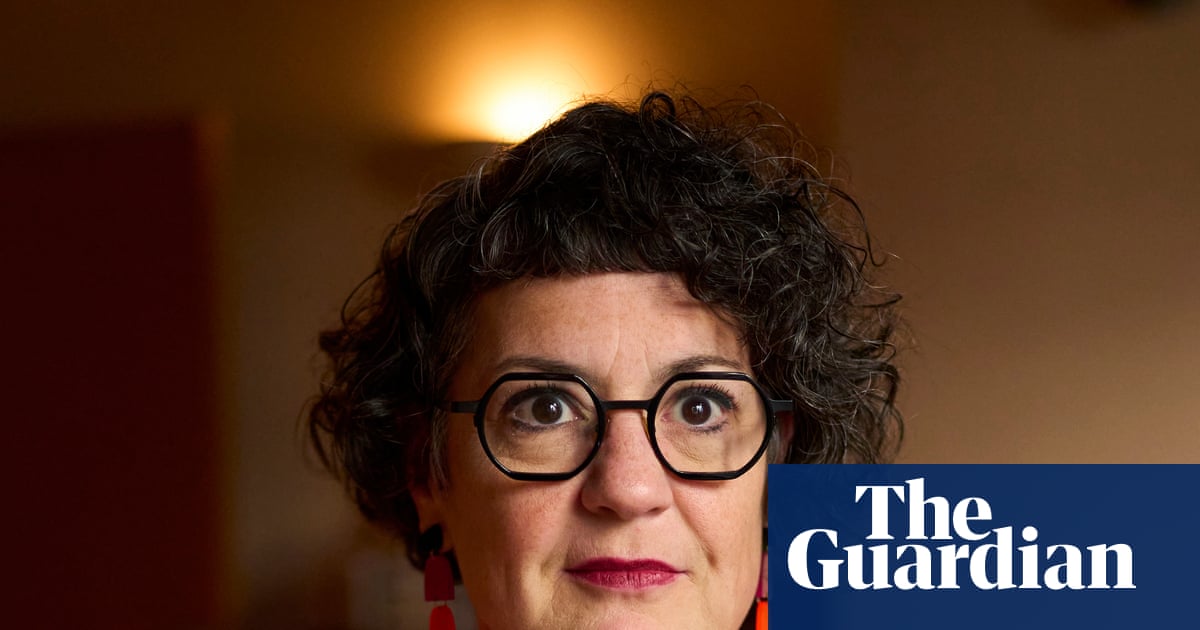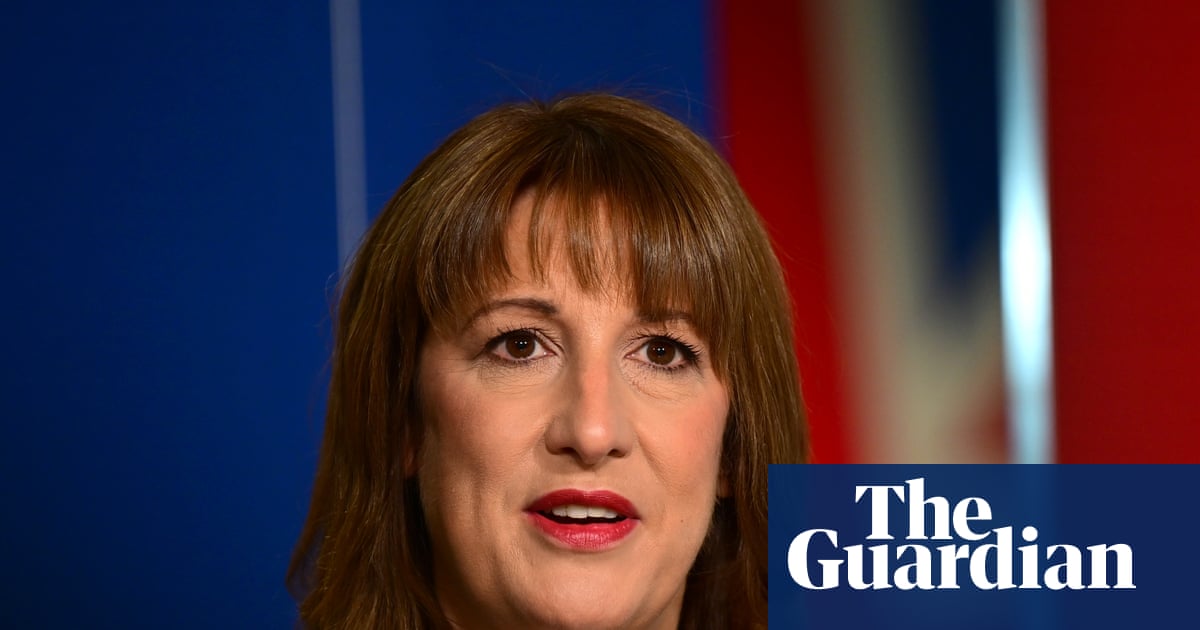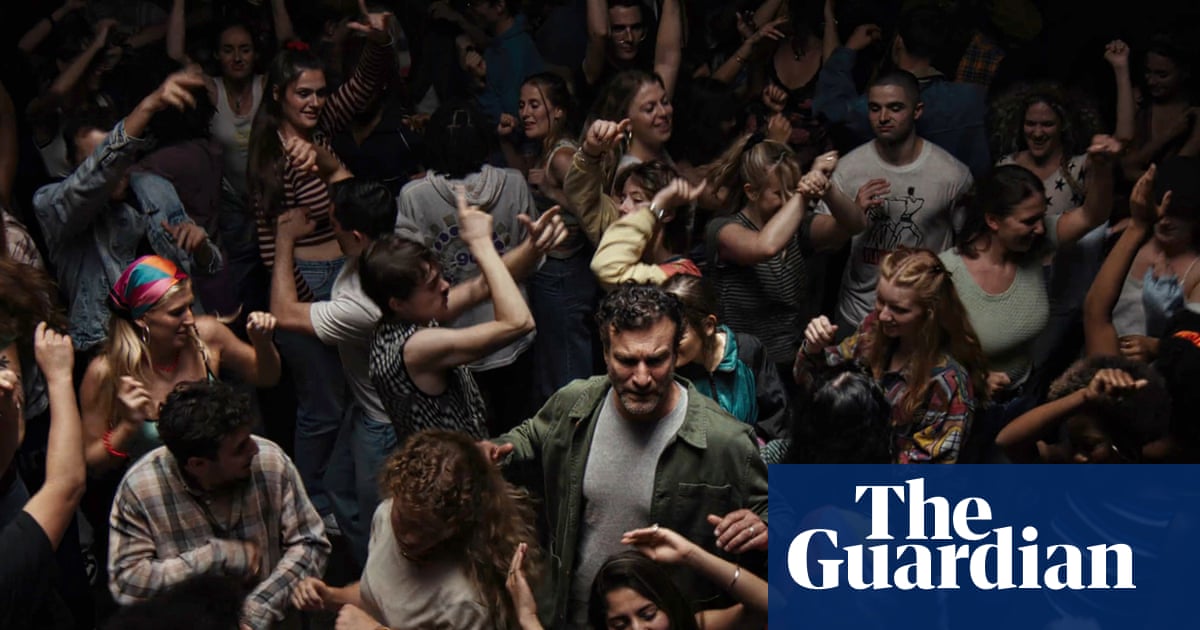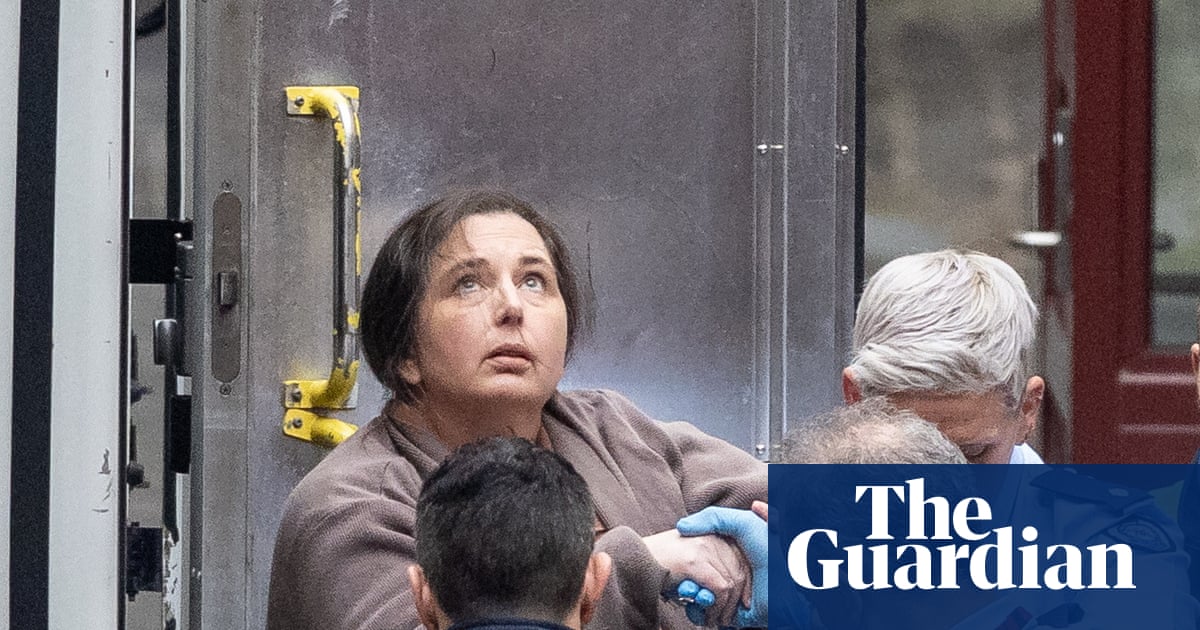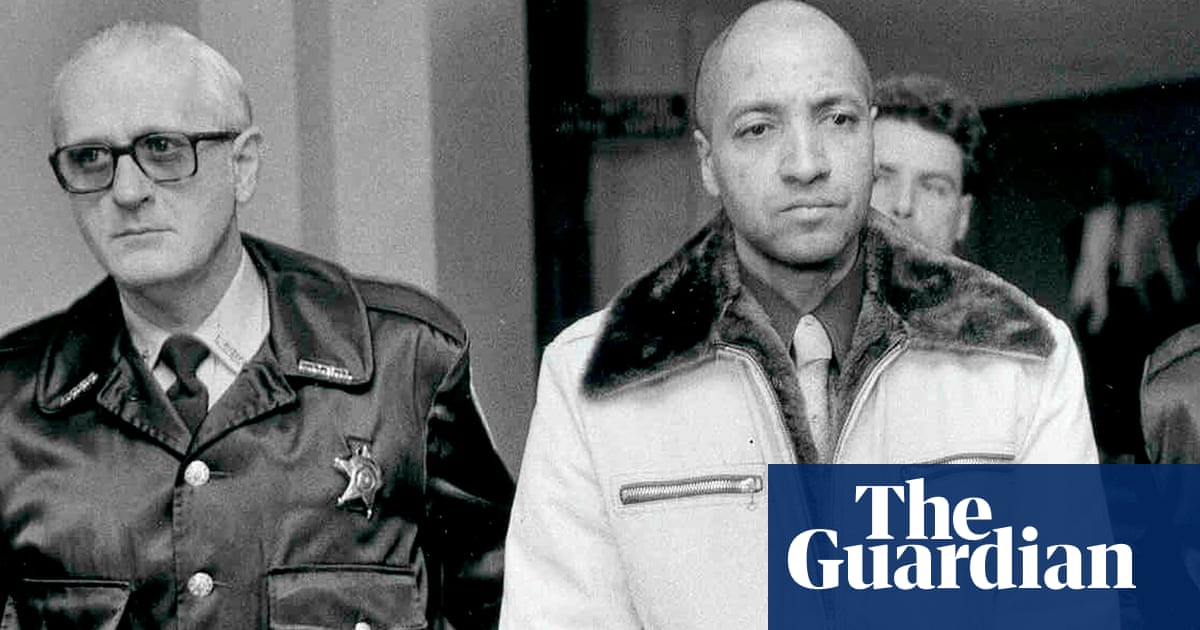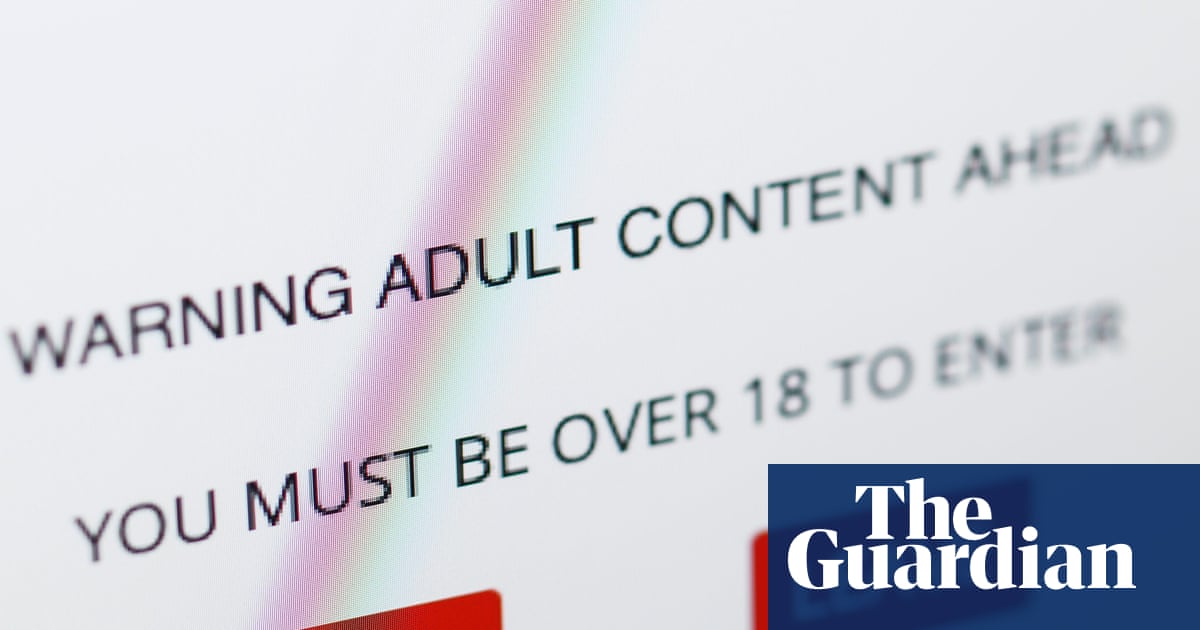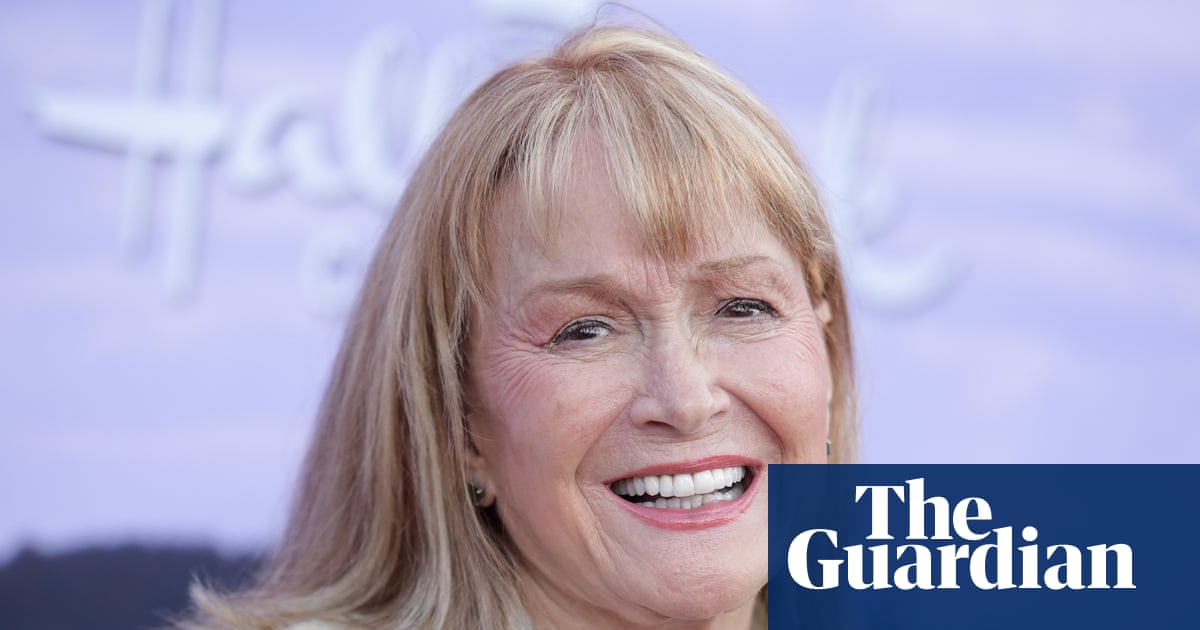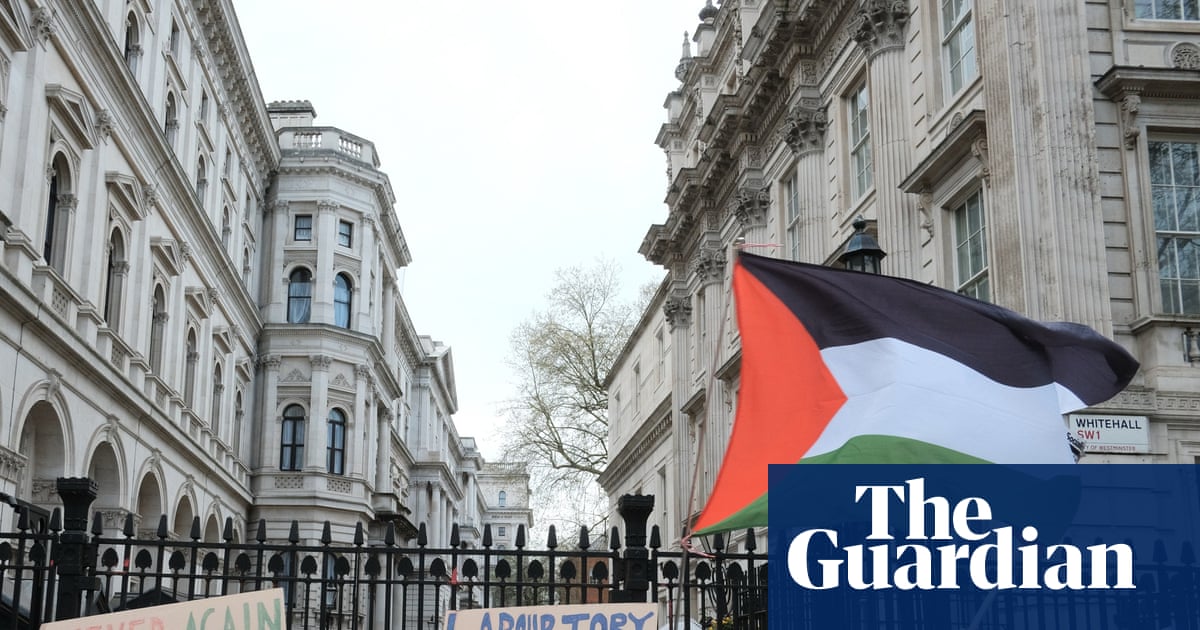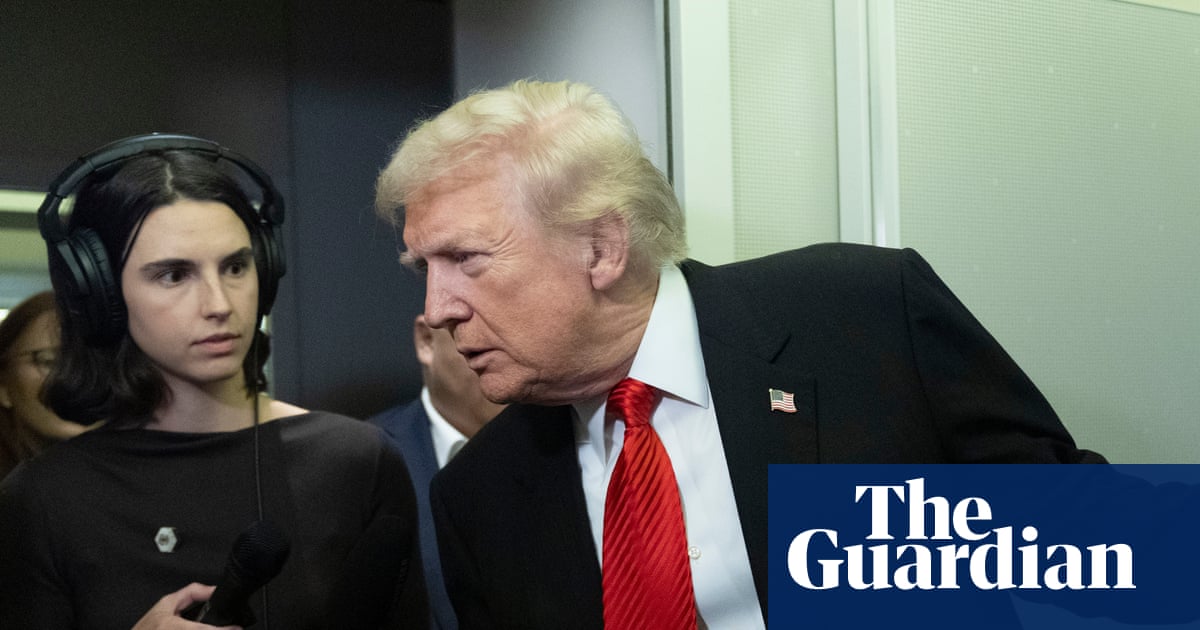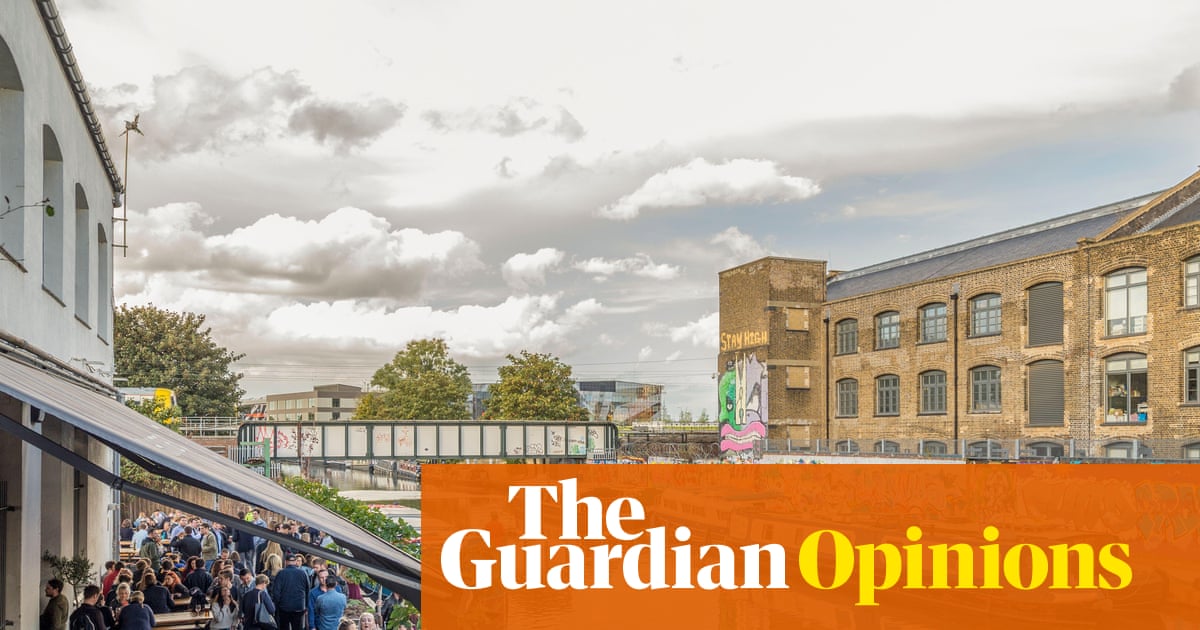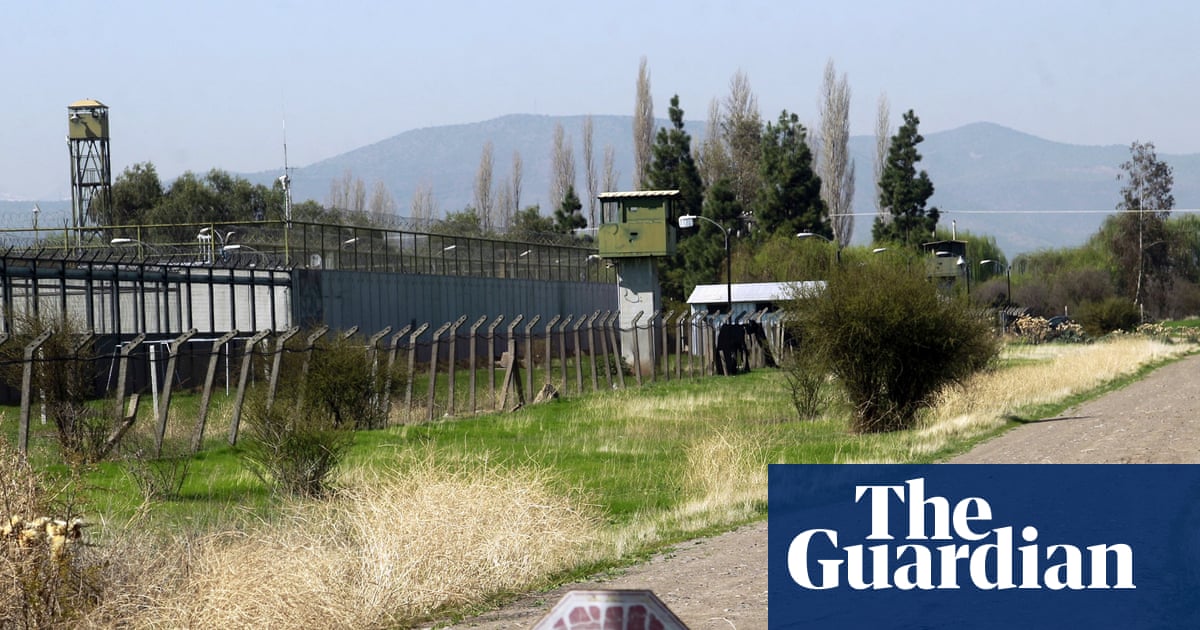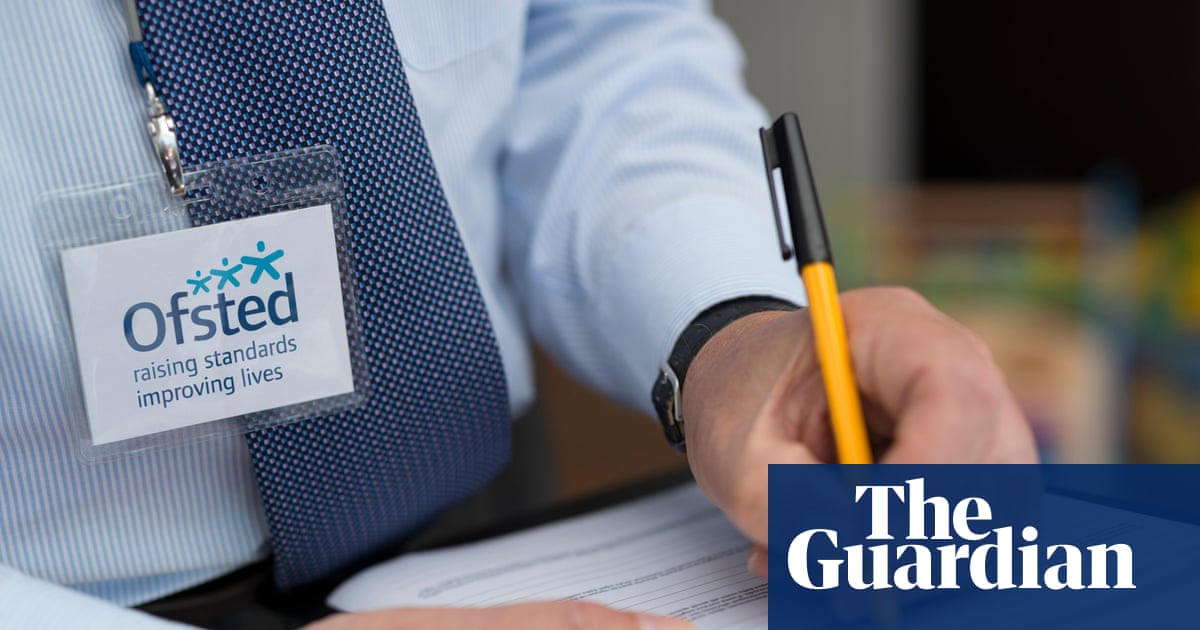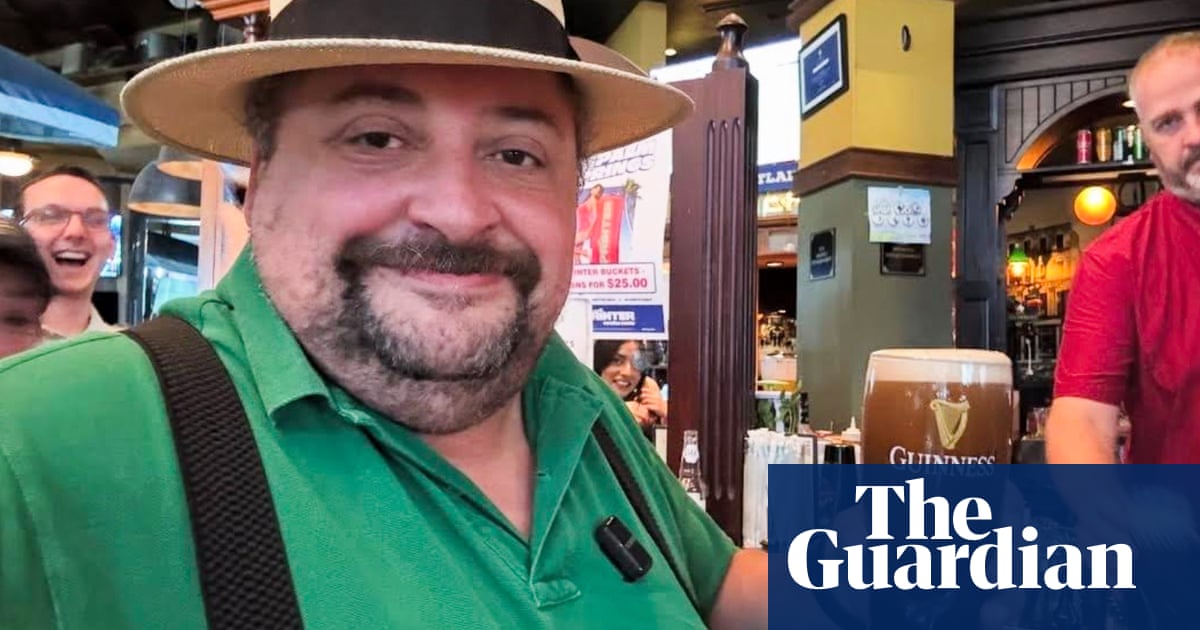In the Commons Mark Wild, the HS2 chief executive, is giving evidence to the transport committee. He said the physical structures for the line should have been “largely completed” by now under the project’s initial timeline. But only 60% were ready, he said.
The construction of the civil engineering should have been largely completed by now. The reality is we’re about 60% complete.
As PA Media reports, Wild said the main causes of the delays and budget overruns were starting construction work without the finalised design or consents being in place, contracts which meant the government held all the risk in case of problems, and failings of HS2 Ltd.
Ministers 'not dragging our heels' over compensation for infected blood scandal victims, Thomas-Symonds says
Sir Brian Langstaff, chair of the infected blood inquiry, is today publishing a report on how the compensation payment process is working for victims. When he published his main report into the scandal last year, he reserved the right to come back and monitor progress on compensation and, at a hearing in May, he heard evidence about victims being been “re-traumatised” by delays to – and flaws in – the scheme.
In his interview on the Today progamme, Nick Thomas-Symonds, the Cabinet Office minister, insisted the government was not causing delays.
“We’re not dragging our heels,” he said, pointing out that more than 2,000 people have been invited to start their claims process by the Infected Blood Compensation Authority. He went on:
Over 600 have been paid, and we’ve paid out over £488m … My priority is to ensure that we’re not creating even further delay after decades of injustice.
He also said he was “open” to ideas about how the scheme might be improved.
Minister rejects claims UK not doing enough to deter small boat crossings ahead of Starmer-Macron talks
Good morning. Yesterday Emmanuel Macron, the French president, enjoyed the best ceremonial aspects of his state visit – being hosted at Windsor Castle, addressing MPs and peers in the Royal Gallery at parliament, a state banquet. But today he is getting down to proper talks with Keir Starmer and, although they are expected to agree some new measures relating to curbing the number of small boats crossing the Channel, there are signs that the final deal might not be as wide-ranging as the UK government might have liked.
In their story about Macron’s address to parliament, Kiran Stacey and Morgan Ofori report:
The British government has been hoping to use the trip to show that its “EU reset” had borne fruit, including on the traditionally difficult subject of migration.
British officials have been hoping to sign a new deal that would involve Britain accepting asylum seekers who have a genuine family connection with the UK in return for being able to send others back to France. However, they had warned in recent days that it might not be ready in time for this trip.
And this morning the Daily Telegraph has splashed on a story saying Macron wants Britain to do more to reduce the “pull factors” the encourage migrants to cross the channel. In their story, James Crisp and Charles Hymas say:
The Telegraph understands that Mr Macron wants Sir Keir to crack down on the UK’s black market for labour and welfare payments and make family reunification for genuine asylum seekers easier as conditions for the deal.
An Elysée source warned that Mr Macron expected measures “addressing the root causes of the factors that attract people to the United Kingdom”, adding: “These causes must also be addressed by the British.”
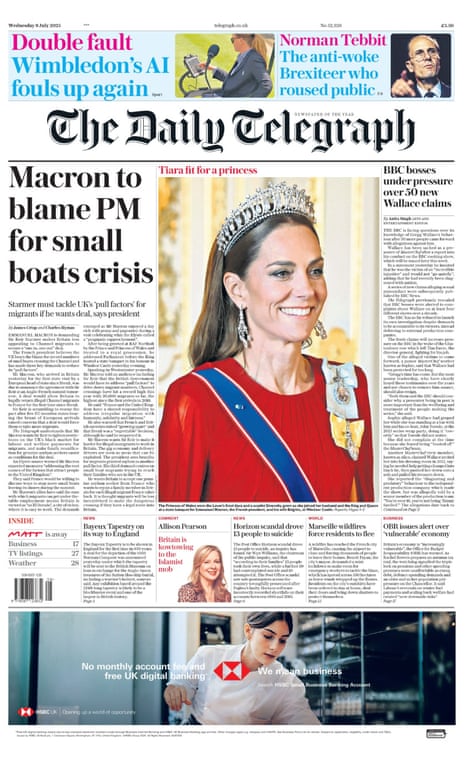
Nick Thomas-Symonds, the Cabinet Office minister responsible for post-Brexit relations with the EU, has been doing an interview round this morning. He sounded a bit more defensive than usual for a minister talking about small boats, and he was not talking up the chances of a ‘one in, one out’ deal. Here are the main points.
-
Thomas-Symonds insisted that the UK is already addressing the “pull factors” affecting small boat crossings. Asked about Macron’s supposed views, as set out in the Telegraph splash, he told the Today programme:
Addressing pull factors is exactly what we have been doing. That is why there’s been over 7,000 arrests here in the United Kingdom dealing with things like, for example, illegal working which this government has been cracking down on.
-
He claimed that policy was moving “in the right direction” on small boats. The number of crossings is at a record level for this time of year. But Thomas-Symonds told Today the numbers would have been even higher if it had not been for action taken by the British and the French. He said:
We have prevented, working together with the French authorities, and indeed beyond across Europe, 12,000 people from crossing the Channel who otherwise would have done.
We have seized 600 boats that otherwise would be being used in the channel.
When Emma Barnett, the presenter, said that having crossing numbers at a record level was nothing to boast about, Thomas-Symonds said he was not boasting. But he went on:
Preventing 12,000 people from crossing is most definitely something that is in the right direction …
To your point about numbers, we’ve seen, yes, over 21,000 have crossed so far this year. There was a 10-week period in 2022 when we had 20,000 people who crossed in that intense period.
But nobody, nobody, is boasting about those numbers.
There is no simple solution to that issue.
It is about it’s not about gimmicks, it’s not about performative politics, it is about doing the hard yards of solving this.
-
He claimed that cooperation with the French was already paying off. He said:
We obviously want to see, in the bilateral relationship with France, which is crucial, but also around Europe, more people smugglers being arrested. We want to see more people prevented from attempting that dangerous crossing, more prosecutions of people smugglers.
And you do that by deepening your intelligence sharing. That’s what we’re doing in Dunkirk, for example. I’ve been down to Dover, I’ve been across to France, I’ve literally seen this work happening, and it yields results. Just the last couple of weeks, we saw nine people in Lille sentenced nine people to 64 years in total for people smuggling offences. That’s work between our National Crime Agency and the French authorities.
-
And he rejected claims that, by abandoning the Tories’ Rwanda policy, the government had removed the deterrent for people tempted to cross the channel. When it was put to him that there was no deterrent, he replied:
Sorry, but we do have a deterrent, and the deterrent has been the 30,000 people who’ve been removed by this government who have no right to be here.
Knowing and having that in place, that people who have no right to be here will be deported, is a far more effective deterrent than spending £700m pounds on a gimmick that sent four volunteers to Rwanda.
Here is the agenda for the day.
9.15am: Mark Wild, HS2 chief executive, and Lord Hendy, rail minister, give evidence to the Commons transport committee about HS2.
10.40am: John Swinney, Scotland’s first minister, is on a visit to Falkirk community hospital to announce a further £85m for initiatives that improve the flow of patients through the health service.
Noon: Keir Starmer faces Kemi Badenoch at PMQs.
12.30pm: Sir Brian Langstaff, chair of the infected blood inquiry, publishes a report on how the compensation payment process is working.
After 12.45pm: MPs resume their debate on the universal credit and personal independent payment bill. They will vote on amendments at 6pm, and the vote on third reading will take place at 7pm.
1.15pm: Emmanuel Macron, the French president, arrives in Downing Street for talks with Starmer.
1.30pm: Pat McFadden, Cabinet Office minister, and Douglas Alexander, trade minister, give evidence to the Commons business sub-committee on economic security, arms and export controls.
2.30pm: Jo Stevens, Welsh secretary, gives evidence to the Commons Welsh affairs committee.
If you want to contact me, please post a message below the line when comments are open (normally between 10am and 3pm at the moment), or message me on social media. I can’t read all the messages BTL, but if you put “Andrew” in a message aimed at me, I am more likely to see it because I search for posts containing that word.
If you want to flag something up urgently, it is best to use social media. You can reach me on Bluesky at @andrewsparrowgdn.bsky.social. The Guardian has given up posting from its official accounts on X, but individual Guardian journalists are there, I still have my account, and if you message me there at @AndrewSparrow, I will see it and respond if necessary.
I find it very helpful when readers point out mistakes, even minor typos. No error is too small to correct. And I find your questions very interesting too. I can’t promise to reply to them all, but I will try to reply to as many as I can, either BTL or sometimes in the blog.
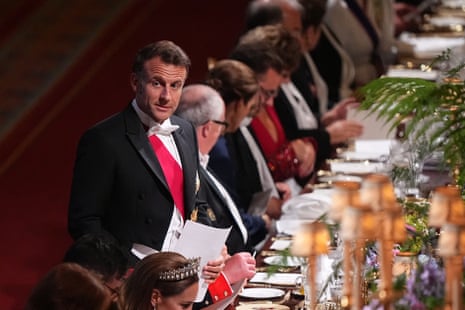

 3 months ago
141
3 months ago
141
